
What is bitcoin ?
Bitcoin is the world’s first decentralized digital currency, and is considered a form of electronic cash, according to the creator, who is known only by the pseudonym Satoshi Nakamoto. Unlike the traditional money issued by governments or banks, Bitcoin operates with no central authority. It enables anyone to send or receive any amount of money with anyone else, anywhere on the planet, conveniently and without restriction.

At its most basic, Bitcoin is nothing more than a piece of data on a blockchain, a public ledger that, thanks to complex cryptography, in some ways is harder to erase than a traditional database entry and in the case of BTC is impossible to counterfeit or double-spend. Picture BTC as a kind of digital gold: It’s a store of value, it’s hard to produce more of it and it’s theoretically immune to the depredations of inflation. It is a new type of money and a new type of technology.
Bitcoin can be daunting for beginners, but it doesn’t have to be if you think of it as money you can send or receive anywhere, immediately, at any time, without the involvement of middlemen or additional fees.
What is Bitcoin Blockchain ?
The blockchain is the programming foundation of Bitcoin. Imagine it as an enormous, open-source, distributed spreadsheet containing all of the world’s BTC transactions. Every bundle of transactions is a “block,” and blocks are strung together in a chain – which is why the system is called “blockchain.

The what makes the blockchain unique is that it is secure and transparent. Each block has its own cryptographic “hash”— a digital “seal”— that attaches it to the previous block, chaining itself to the rest of the blocks in the system so that a modification of any single block becomes immediately evident. This network is decentralized and, with no person or group in control of it, no single individual holds Bitcoin. Anyone can verify transactions themselves and have confidence and trust, without having to trust banks or governments.
For people with an increasing understanding of BTC, the structure of the blockchain is designed to prevent fraud using consensus, like Proof of Work, so that there is a history for all parties to agree upon.
Bitcoin Mining ?
Mining is the process through which new BTC are introduced into the network and new transactions are confirmed and appended to the blockchain. Miners are powerful computers that chase after solutions to complex math problems. When a miner solves the puzzle and adds the new block to the chain, they also have the chance to be rewarded with new Bitcoins plus the transaction fees.

It is energy-intensive because mining requires specialized hardware and a lot of electricity. The value miners receive is halved by the Bitcoin protocol once every 210,000 blocks (about once every 4 years)—which is why they call this event the “halving”—to maintain the limited supply and high value of Bitcoin.

For high-threshold learners, mining is a crucial security mechanism too: it guarantees that modifying the past is almost infeasible since the attackers require even more computing power than all those honest miners.
Bitcoin Keys and Wallets ?
To spend BTC , you need a wallet — software or hardware that stores your cryptocurrency’s private keys. These keys serves as the secret password to owning your Bitcoins and to spending them.
There are two keys to grasp:
Public key: Similar to your bank account number, you can share this with others to get Bitcoin.
Private key: This is what amounts to your PIN or password; you have to keep it secret or you could lose your funds.
Wallets come in different types:
Hot wallets:
- Connected to the internet, easy to use but vulnerable to hacks.
Cold wallets:
- Offline storage, more secure for long-term holding.
- Beginners should start with trusted wallets that offer good security and user-friendly interfaces. Advanced users often use hardware wallets or multi-signature wallets for enhanced security.
Bitcoin Security?
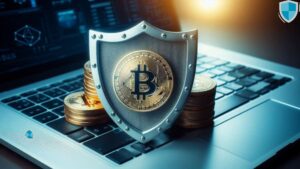
Even for reasons beyond simplicity, BTC itself is very secure that is due to its cryptographic algorithm and the decentralized network that supports it. Yet the biggest issue for security remains the prospect of users losing their private keys, or being scammed.
Some best practices for security:
Never share your private key.
Use hardware wallets if you have big sums.
Use two-factor authentication on wallets and exchanges.
Watch out for phishing scams and phony apps.
Advanced consumers also look into multi-signature wallets — in which more than one key is needed to approve a transaction, providing an additional layer of security.
Remember, unlike with normal bank accounts, there is no customer service to reverse a fraudulent transaction. You’re your own bank—security is up to you.
Pros and Cons
Like any technology, Bitcoin has its upsides and downsides.
- Pros:
Decentralized, no central authority controlling it.
Borderless and censorship-resistant.
Limited supply (21 million Bitcoins), making it scarce.
Transparent and verifiable transaction history.
Lower transaction fees compared to banks for international transfers. - cons:
Price volatility can be high.
Not widely accepted everywhere (though growing).
Irreversible transactions can lead to permanent loss if sent to wrong addresses.
Mining consumes significant energy, raising environmental concerns.
Regulatory uncertainty in some countries.
For beginners, understanding these pros and cons helps set realistic expectations. Advanced users focus on Bitcoin’s evolving technology to solve some of these cons, such as Lightning Network for faster payments.
FAQs ?
Q1: Is BTC legal?
Bitcoin can be more or less regulated in each country. Invest or use it at your own risk and always mind local laws.
Q2: How do I buy BTC?
You can purchase Bitcoin on cryptocurrency exchanges, such as Coinbase and Binance, or in person from local sellers on sites like Local Bitcoins.
Q3: Can I lose my BTC?
Yes, if you lose your private keys or get defrauded, there is no safety net to get your Bitcoin back.
Q4: What makes BTC valuable?
It is the rarity, the security, the decentralization and the fact it is being used more that makes BTC valuable.
Q5: How do Bitcoin transactions work?
You send BTC from your wallet to someone else’s public address, and miners approve and record the transaction on the blockchain.
The bottom line ?
Bitcoin is a radical invention with technology and finance both blended, creating a new method of global value storage and transfer system, without intermediaries. First of all, BTCallows beginners to study digital money and manage their own finances. To the advanced user, it is a complex, living system promising the new future of finance.
Like all investment, or technology do educate yourself, protect your holdings, and invest in it with some thoughtfulness in case of BTC as well. Whether it’s because Bitcoin offers a lot of intrinsic value, you’re saving for a not-too-distant purchase, or you want to learn about blockchain, or you believe in the future of Bitcoin or just want to invest in and use it for payments, BTC provides something for everyone.


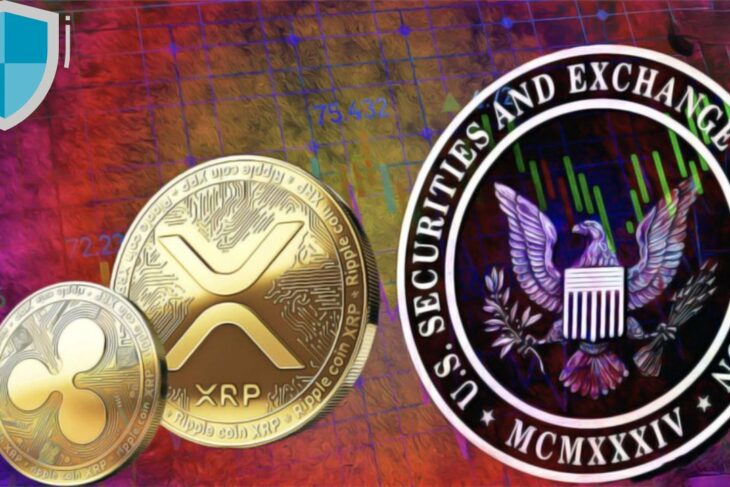
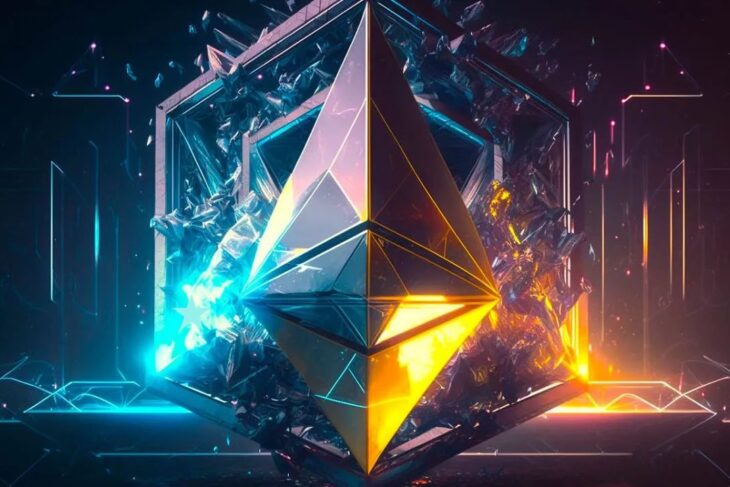

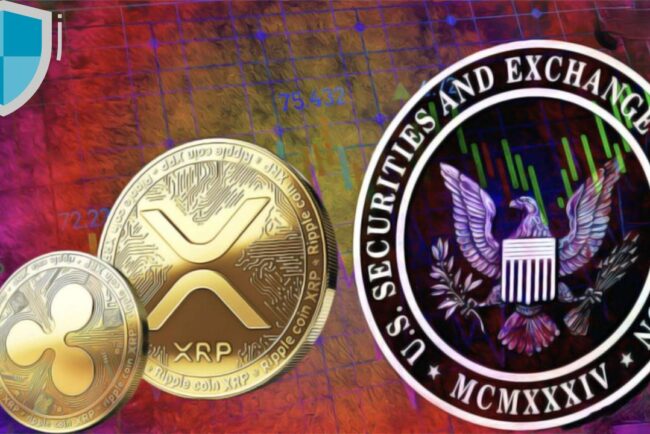
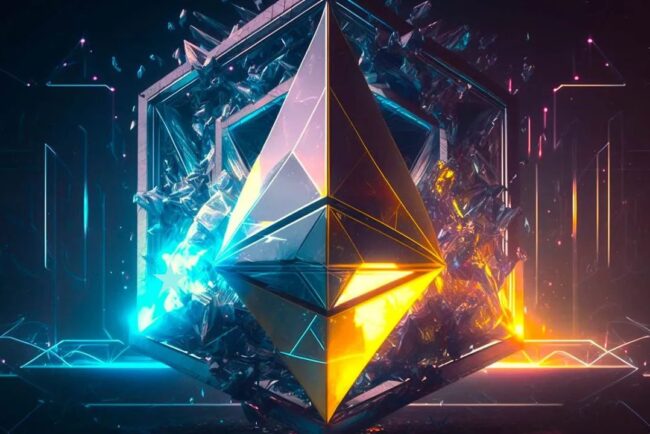

One thought on “BITCOIN Explore in Simple Words Now Know”